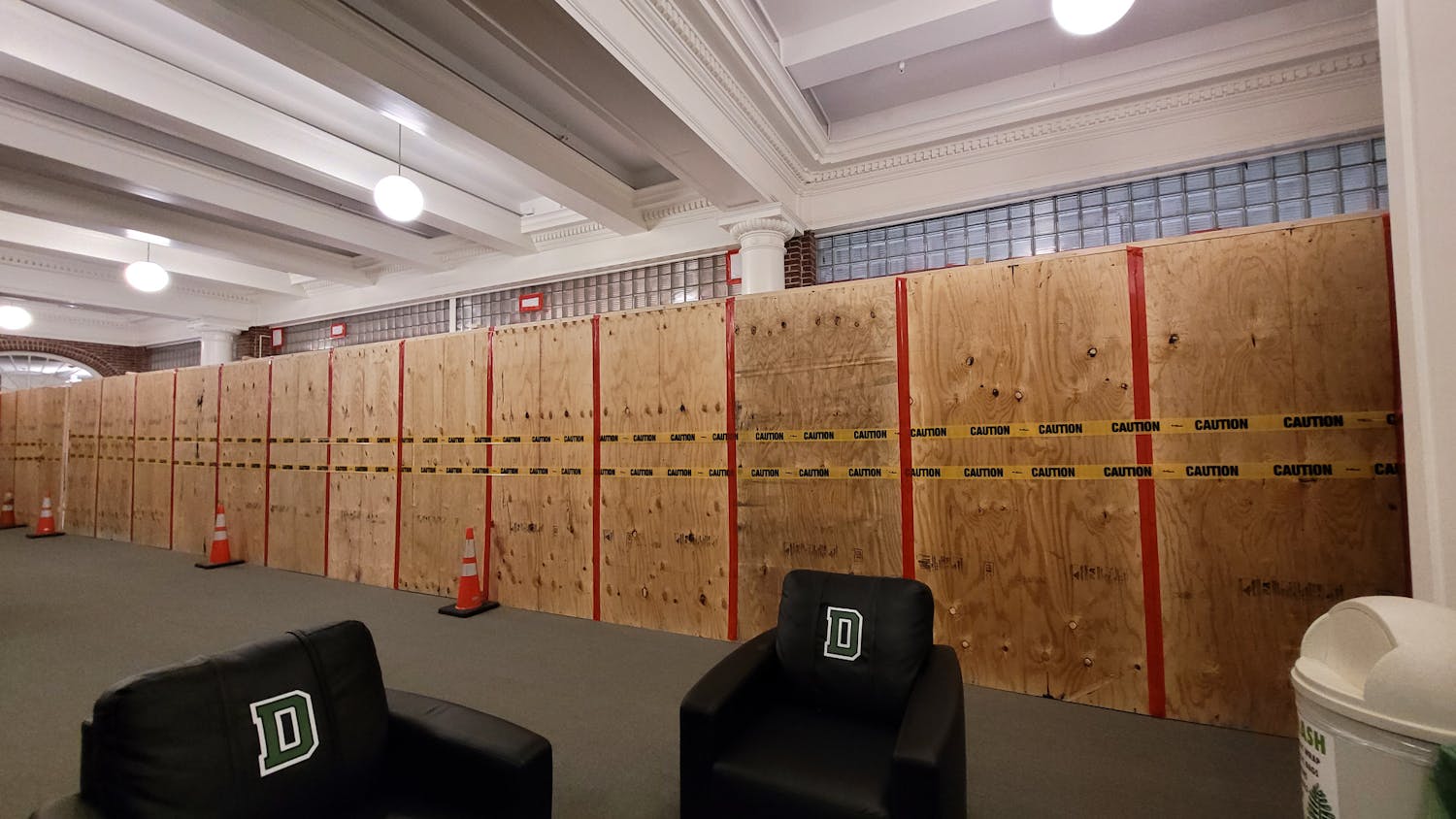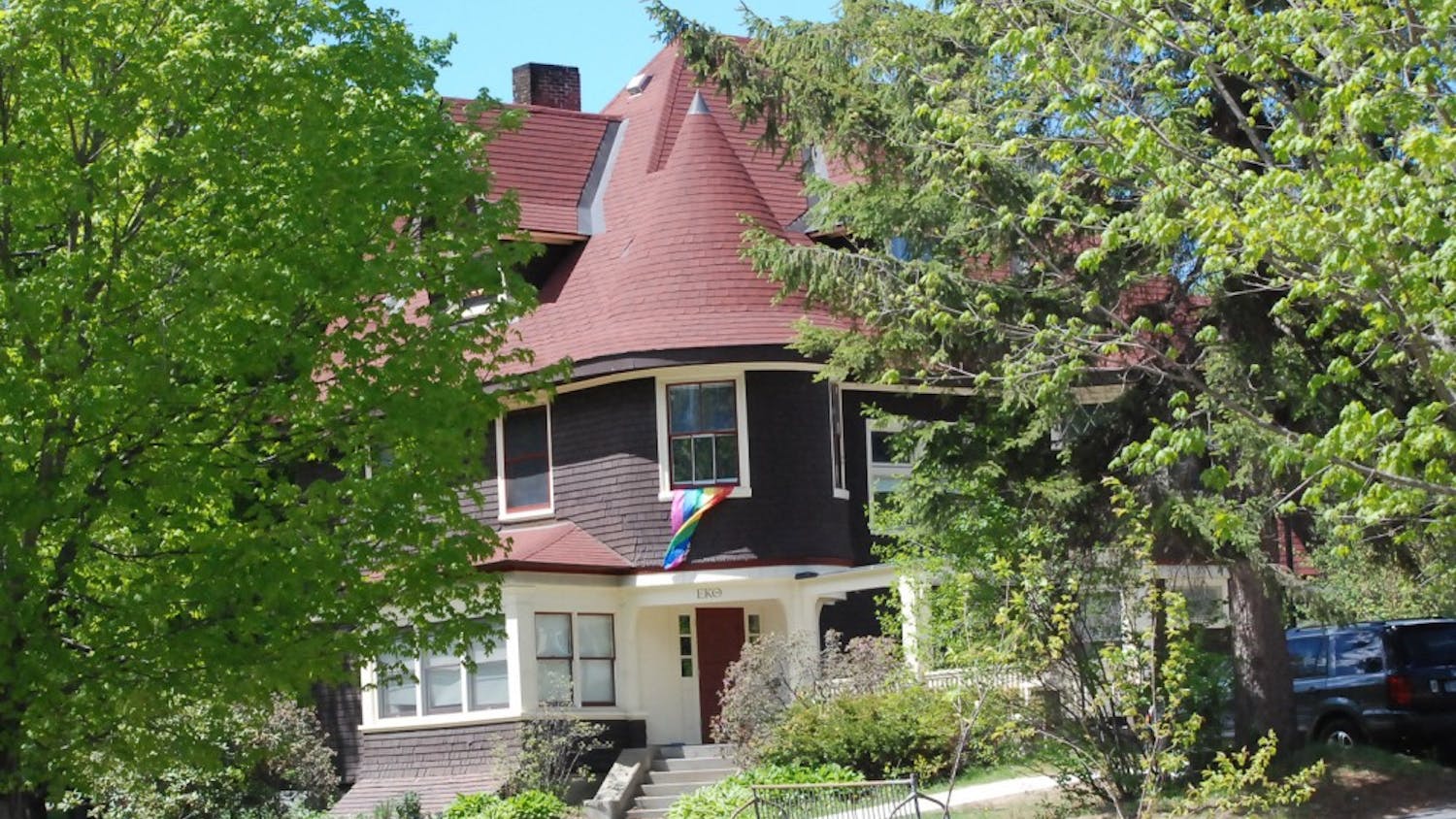President Obama’s proposal to provide federal funding to make the first two years of community college free for students nationwide, announced last Friday, could have significant implications for students in Vermont and New Hampshire, where annual tuition for community colleges are some of the highest in the nation.
Students in the two states typically pay fees of $7,000 per year, in comparison to the less than $1,500 students pay on average in states such as California, much of which is covered by government grants.
Federal investment in the proposed program, which the White House is calling America’s College Promise, is projected to cost $60 billion over the course of the next 10 years. Eligible students would be required to maintain a grade point average of at least 2.5 and remain enrolled at least half time. The plan is still in its nascent stages, and would require action from both state governments and Congress.
Community College of Vermont president Joyce Judy said she was pleased with the conversation that has sprung up around the president’s proposal and predicted that it will have major implications both nationally and locally.
“I think it’s terrific that he has started the conversation about how important post-secondary education is in today’s world,” she said. “If the U.S. is going to be competitive economically — if Vermont is going to be competitive economically — we have to recognize that education beyond the 12th grade is critical.”
Tuition at CCV costs $5,568 annually for in-state residents, 75 percent more than the national average of $3,178 for a two-year institution. In the community college system of New Hampshire, the minimum full-time attendance costs $4,800 plus additional fees, while a higher load of 15 credits per semester costs $6,000 per year, plus fees. Costs are higher for out-of-state students.
Dartmouth economics professor Elizabeth Cascio said that Obama’s initiative is unlikely to have a significant impact on Dartmouth’s student body since Dartmouth does not take many transfers from community colleges. She said the proposal may hold greater implications for other colleges and universities where it is more common for community college students to transfer.
Economics professor Bruce Sacerdote, whose areas of expertise include determinants of college attendance, said that the proposal is likely to cause community colleges to raise tuition to increase their profits.
“Every time the government introduces an additional subsidy or raises the Pell Grant, [it] tends to cause higher education institutions to raise prices,” he said. “That’s just basic economics — if you give consumers of college or university a larger subsidy, it provides some scope for the providers to raise price. This is likely to follow that trend, and how large the subsidy is across the board will have some impact on how much or how little they’re able to raise the price in response.”
This is not necessarily a bad thing, Sacerdote said, because it might spur community colleges to improve the quality of the education they provide. He then added that the president’s proposal may not affect Americans in the lowest income brackets as dramatically as it will middle-income households.
For low-income individuals, community college costs are often fully covered by Pell Grants, he said.
“It might impact lower-middle income families who weren’t getting the max Pell, and it might also provide a large subsidy for folks who could already afford community college and now they’re going to get it for free, even though they were perfectly happy to pay for it before,” Sacerdote said.
Cascio said that the proposal could have implications for the larger Dartmouth community.
“There could be spillovers for Dartmouth as a product of having a more educated workforce in the local area, which could also be affected by this initiative over the longer term,” she said.
Dean of Princeton’s Woodrow Wilson School of Public and International Affairs Cecilia Rouse, who served on Obama’s Council of Economic Advisors from 2009 to 2011, praised the proposal in a release published by Princeton, calling it “ambitious.”
Rouse stated that the while the proposal will provide incentives for colleges to further develop their educational programs, the incentives may not be sufficient to solicit full state participation.
The proposal is also likely to face significant hurdles in a Republican-majority Congress, where opposition has already been mounting against Obama’s plan.
Judy said the proposal would not make tuition at CCV completely free for the 10,000 Vermont residents the college serves each year, but would help alleviate costs and open the door for more students to pursue higher education.
“Many of the students who come here come to get started, they need skill-building, they lack the confidence to go on and they can save a significant amount of money by starting with us and then transferring,” she said. “There would still be a gap for students to pay, but the piece that is important is that anytime we can help reduce the cost of college and make it more accessible to all is critical.”



